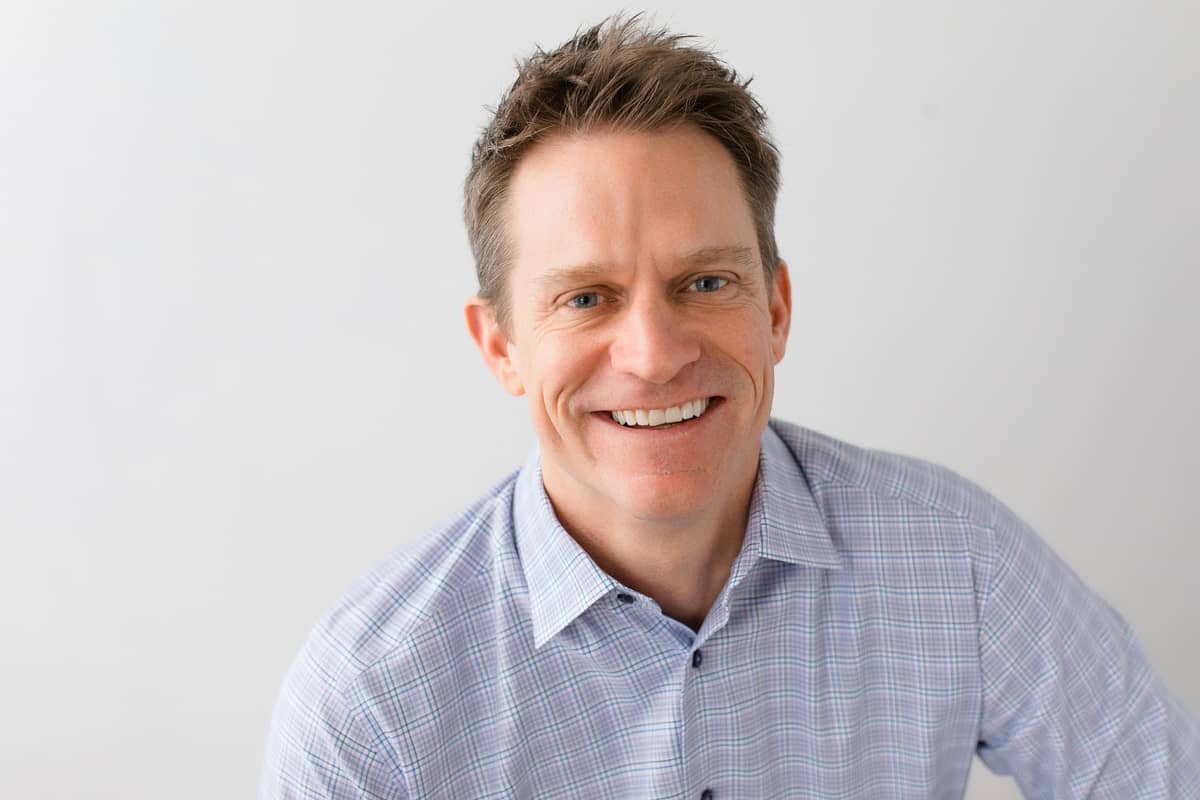Many years ago I took my first economics course. I can recall the professor standing in front of us, hands gesturing in all directions, while asking each of us why we were there. For most it was a simple answer: we were there because we had to be there. Period. He was setting us up for his first presentation; a presentation that has “stuck with me” until this day.
He then retorted: “You are here because you need to be here, not because you have to be here”. I looked up from my notes and thought, “What does that even mean?”
He surveyed the large class and said:
“Economics is the study of choices. Your life depends on those choices. The more correct choices you make, the more you will succeed. And the best mechanism for making the correct choice is to study the social science of economics. We are not here to study money. We are not here to study business. We are not here to study profit and loss. We are here to study you and how you will make decisions.
When you leave this class, if you have paid attention, you will understand how to make decisions at the margin. Not just decisions regarding money but rather all decisions. You will understand that all of us have fixed resources. That to succeed in life you must take the paucity of resources you have and spend them using a strict methodology so your productivity improves.
You will learn that it is you that defines improvement (Should I go to college? Should I vacation in Europe? Should I befriend this stranger? Should I get married? Should I take this job?). You will learn that it is you who determines what tradeoffs there will be with each decision. And it will be you who measures each of those tradeoffs. Economics will provide the platform for this process.”
This lecture has stayed with me for decades. As the classes continued, his statements made more sense. Study of this field has been relevant in every phase of my life. All of us face scarcity; all of us must make decisions, daily, working with the lack of resources we face: monetarily, academically, and even emotionally. Developing the thought process to weigh all the variables we face for each decision is what economics is all about.
So I am back at that Christmas party and I have just told someone what I do for a living. She looks over my head and says, “That’s interesting.” My response is a calculated one, and it is no response. I smile at her as she wanders away to another group. I know time wasted is never returned. More importantly I know that a party environment is no place to face someone to plead my case on the value of economics. I know this because of what I learned from the study of economics.

